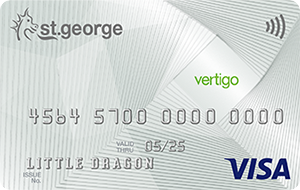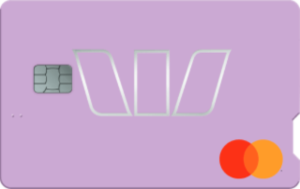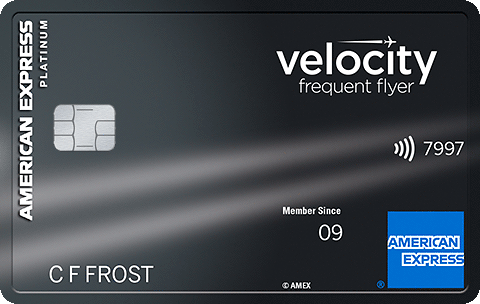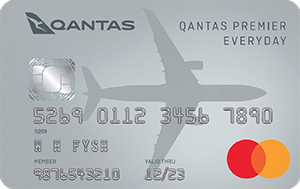
Hi, I’m a personal finance expert who loves to help you out! I’ll answer your question within a business day. Pinky swear.

A credit card can be a great tool to help you manage your finances. However, if you don’t manage your card effectively, it can easily become a financial hindrance, creating a lot of debt that is difficult to pay off.
If you are struggling to pay your credit card debt, here are some tips to help you overcome this hurdle and get out of any current debt you have:
Do not take on any more debt
It may be tempting to take on an additional loan to increase your spending capacity but the last thing you need is more debt. Instead of taking on additional loans, focus on repaying the debt you already have. This also applies to any further expenditure: don’t take your credit card when you go shopping, always use cash instead of adding to your credit card debt.
Discuss any adverse personal circumstances with your creditors
If you are suffering from unexpected financial hardships such as job loss, family illness or divorce, it is worthwhile talking to your creditors about your situation. Often they will set up a more flexible debt repayment schedule or waive some of the interest owing on your debt.
Budget properly
This will help you see where you can reduce your costs and help you save money. Don’t know where to start? There are many free budget planners you can download to use a reference when recording your income, general expenses and household debt.
Consolidate your debt
Consolidating all debt can help you to better manage your personal finances. Putting all your debt in one place will enable you to save on fees, have one interest rate and will make your repayments easier to manage.
Stay positive
If you are finding it hard to deal with your credit card debt, just remember that whilst it’s hard, you will get there. Never let debt get you down.
Do what you need to stay positive – talk to friends or family to reduce the stress, or have a chat to a financial advisor if you want some financial advice. Talking to others helps as they can often point out things you may not have thought of yourself.
Once you get your credit card debt under control, it’s important to manage your credit card properly to avoid getting into debt again.
Here is a list of some tips to help you manage your credit card:
Spend only what you can repay within a 2 month timeframe
Minimising the amount of debt you can potentially create is important. Set your credit limit to a maintainable amount eg 1.5 x your monthly salary. Throw any credit limit increase letters you receive straight in the bin.
Select the best card for you
When choosing a new credit card you need to look at the interest rate, annual fee, cost of over the limit and late fees and where you can use the card. Do your research so you are not surprised by hidden fees or excessive interest rates.
Reconcile your credit card statements
Always check your monthly credit card statements against your receipts to ensure that no incorrect or fraudulent charges have been made. Also double-check that the interest free period has been correctly applied and no unexpected fees have been charged.
Carry a limited number of credit cards in your name
Having a credit card that you use for emergencies and one for which the balance can be paid off each month is all you really need. Only carry the emergency credit card, bringing the other one only when you know you’re going to use it.
Pay your monthly balance in full
This will help you avoid paying interest on the balance. If you let your balance rollover on a regular basis and only pay the minimum, this is a one-way street to a credit card that may attract thousands in interest and be difficult to pay off.
Line of credit
If you have a line of credit and use your credit card for everyday expenses it’s important that you are disciplined with your spending. Ensure that you have a budget in motion and do not spend more than you earn – when this happens it will start costing you money.
Stop using your credit card if you feel you are getting in over your head
As soon as you feel that your credit card debt is getting out of control take a break from using it until the balance is paid down to a manageable level. Don’t take your card shopping with you so you’re not tempted to use it. A unique way to do this is via the freezer method – freeze your credit card in cold water so you don’t have easy access to it.
Always open any credit card mail you receive
It’s important to read everything you receive from your bank. When a financial institution makes a change to the terms and conditions surrounding your account, they must tell you in advance. It’s vital to be aware of any changes as it can cost you money in increased fees or rates.
Avoid using your cash advance facility and ATM withdrawals
You need to avoid using your credit card for cash advances or ATM withdrawals. Using these facilities usually attracts a higher rate of interest than your standard cash rate and can also attract additional fees. Interest-free periods do not apply to cash advances, so you are paying the interest from the date of withdrawal.
Do reward yourself
If you are going to use a credit card, you might as well reap the rewards. A lot of cards offer rewards such as vouchers, shopping items or event tickets. However, it is important to know the rules associated with the rewards and to ensure you are not overusing your card simply to earn rewards.
Credit cards are great tools to help you manage your finances. However, as with any financial tool, it is important to manage it correctly to ensure it is working as well as possible for you.
About the author
David ‘Kochie’ Koch is one of Australia’s to 50 most trusted personalities. Following his early career as an accountancy and economics journalist Kochie became co-host of channel 7’s hit breakfast show, Sunrise, in 2001.
Photo source: Shutterstock

Pauline Hatch
Pauline is a personal finance expert at CreditCard.com.au, with 9 years in money, budgeting and property reporting under her belt. Pauline is passionate about seeing Aussies win by making their money – and their credit cards – work smarter, harder and bigger.
You might be interested in

Credit Card Types
Credit Card Fraud Statistics

Tips & Guides
Complete Guide to the Velocity Frequent Flyer Program
Recently Asked Questions
Something you need to know about this card? Ask our credit card expert a question.
Ask a question
Hi, I’m a personal finance expert who loves to help you out! I’ll answer your question within a business day. Pinky swear.













Heather
30 July 2018